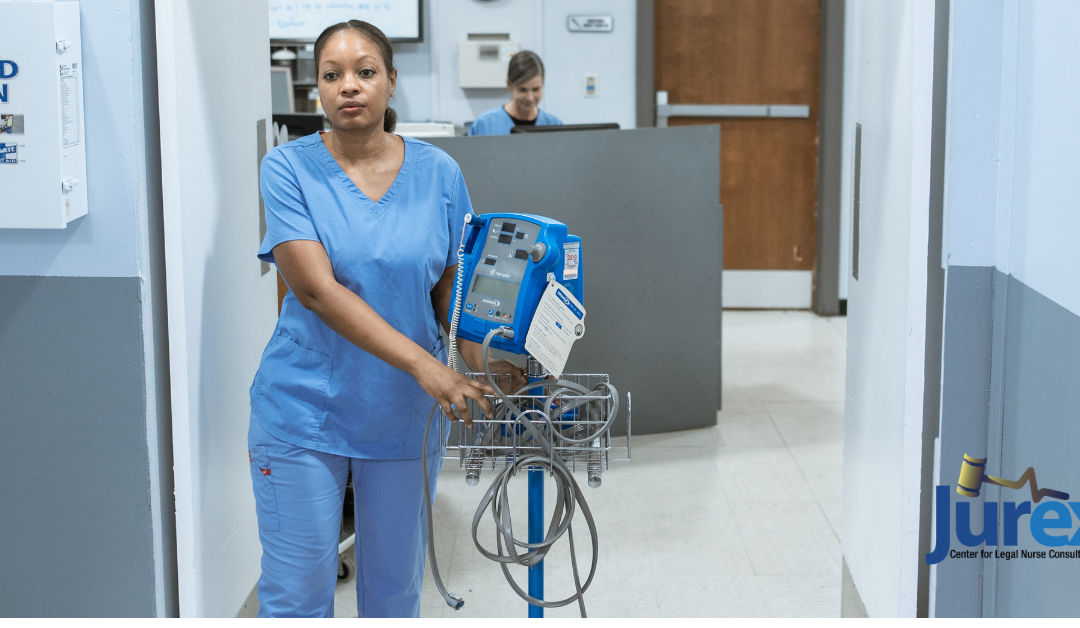You want to broaden your skill set to be a Professional Legal Nurse Consultant, but you’re not sure what skills you need to have. Likely you’re tired of working hard as a nurse and want to earn more, be more, and finally be valued for your skills.
Look no further.
Here are the Top 3 Skills You Need To Be a Professional Legal Nurse Consultant:
1. Communication Skills. As a Professional Legal Nurse Consultant (PLNC), you’re reviewing medical records. You’ll evaluate them to see if the standard of care was followed or not. As a result, you’ll need to convey your opinions clearly. For example, you’re given a set of electronic health records, you’ll review them, and then tell the attorney who hired you what your opinion is. Remember, it’s your opinion, and your opinion will likely differ from the PLNC who’s reviewing the medical records for the opposing side. That’s to be expected.
The attorney who hired you might just want you to provide an email of your opinion. They might want a written report or, sometimes, they only want you to tell them your opinion on the phone. Just be sure you communicate the way the attorney wants to receive it.
In all cases, your communication needs to be clear and concise.
Nobody likes to read a long, convoluted document.
Think about it, when you’re reading a restaurant menu, it’s much easier when the selections are described in a clear way so you know exactly what’s in them and how they’re prepared.
The same applies when as a nurse you’re reviewing medical records and giving your merit review. Simple. Straight-forward. Use less, rather than more, words to accomplish the same goal.
2. Self-Management Skills. As a Professional Legal Nurse Consultant, you’ll manage your own schedule and workload. You need to know in advance which cases, or matters, need priority. Review those medical records first that have a deadline which comes before other deadlines. For example, let’s say an attorney gives you three lawsuits and each lawsuit has two sets of medical records to review. While you’re probably think that’s a lot of business and you’re super excited about it, you need to ASK THE ATTORNEY THE DEADLINE for each lawsuit. The one with the closest deadline you’ll need to work on first.
Think about this quote: “Everything takes longer than you think”.
Especially when you’re working on something for the first time, whether that’s reviewing medical records for the first time or reviewing medical records in the newly assigned case for the first time, plan on it taking longer than you think to complete it. Then, you won’t be rushed.
3. Organizational Skills. Most likely, when you get the medical records they won’t be organized by category. Some of the pages might, but the entire medical record might not be in an order to which you’re accustomed. Whether you’re reviewing them on your laptop or in hard copy, see if you can put the documents into order by category. For example, all Nurses Notes would be in a one section, Progress Notes would be in a separate section, and Orders would be in its own section.
When you take the time to organize the medical records, you’ll find it helps you digest the contents better. When you go back over the entire medical record, you’ll already have a handle on them because you’ve seen them before (while you were putting them in order).
There’s no substitute for organization. Most patient charts are lengthy. Most are not in the order that you would like them to be in. That’s where your organizational skills can truly be an asset. Plus, this is part of why you’re getting paid the amount you are as a Professional Legal Nurse Consultant.
Next time a potential employer asks you, as a nurse and Professional Legal Nurse Consultant, to name your top three skills, you can tell them: Communication Skills, Self-Management Skills, and Organizational Skills!
P.S. Find out how to use your nursing skills in legal cases here.

